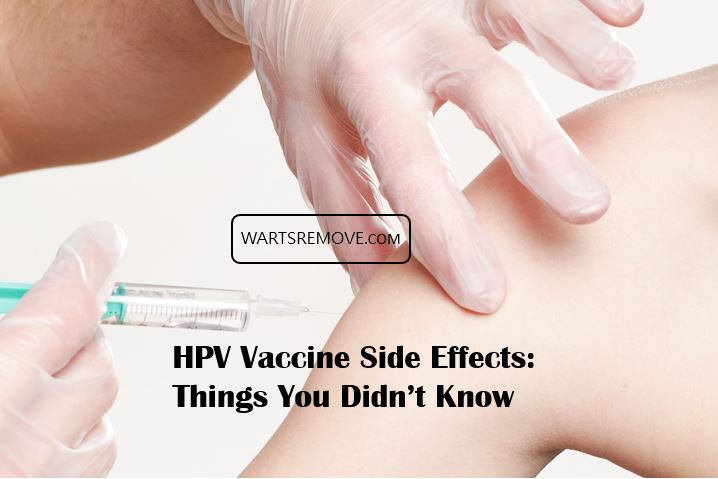It’s quite normal to seek more information about HPV vaccine side effects. The battle with the Big C is a major concern that cuts across all world regions. While introducing a vaccine for cervical cancer can cause some relief, it is still best to research more about it.
What is HPV?
HPV stands for Human Papilloma Virus. Transmitted sexually or through genital contact, HPV causes cervical cancer in both men and women. There are also cases where the virus causes genital warts. Detection of HPV infection might be hard as it usually has no symptoms. As men cannot develop cervical cancer, the virus can then cause anal cancer and genital warts. Men infected with HPV can pass the virus to their sexual partners.
More about HPV
There are two types of HPV vaccines available in the market, thus raising questions about HPV vaccine side effects. It is good to note that there are several ongoing studies on the side effects that existing vaccines may cause.
The current vaccines, Cervarix and Gardasil, are known to prevent infection by different HPV strains such as HPV-16, HPV-18, HPV-6, and HPV-11. Studies have shown that these two vaccines reduce women’s risk of contracting common cervical cancer. However, it is also worth noting that there are more than one hundred strains of HPV. The current vaccines only cover a small percentage of the number of strains. As such, it is very likely for HPV vaccine side effects to occur.
Serious Side Effects from HPV Vaccines
In an effort to protect more people from the risks of cancer, different academic and medical institutions have embarked on further studies on HPV vaccine side effects. Common side effects include fever, nausea, and inflammation at the injection site. There are also many cases where the HPV vaccine is said to have caused genital warts. Although rare, serious HPV vaccine side effects include fainting, asthma, and lymphadenopathy.
Precautions
So, what are the alternatives? Data show that notable changes in one’s diet can help prevent HPV infection. Several journals have shown that fruits and vegetables enhance the immune system, thus fortifying the body’s resistance against malignancies. Similarly, studies have shown that people with low folate levels usually have a higher risk of contracting cervical cancer. As such, it is recommendable to include food rich in folic acid in your diet plan.
Incorporating tomatoes into your meals could also help. A study by the International Journal of Cancer concluded that women with the least intake of tomatoes have a higher risk for “precancerous lesions”. This might be because lycopene, found in tomatoes, helps prevent cancer infections.
